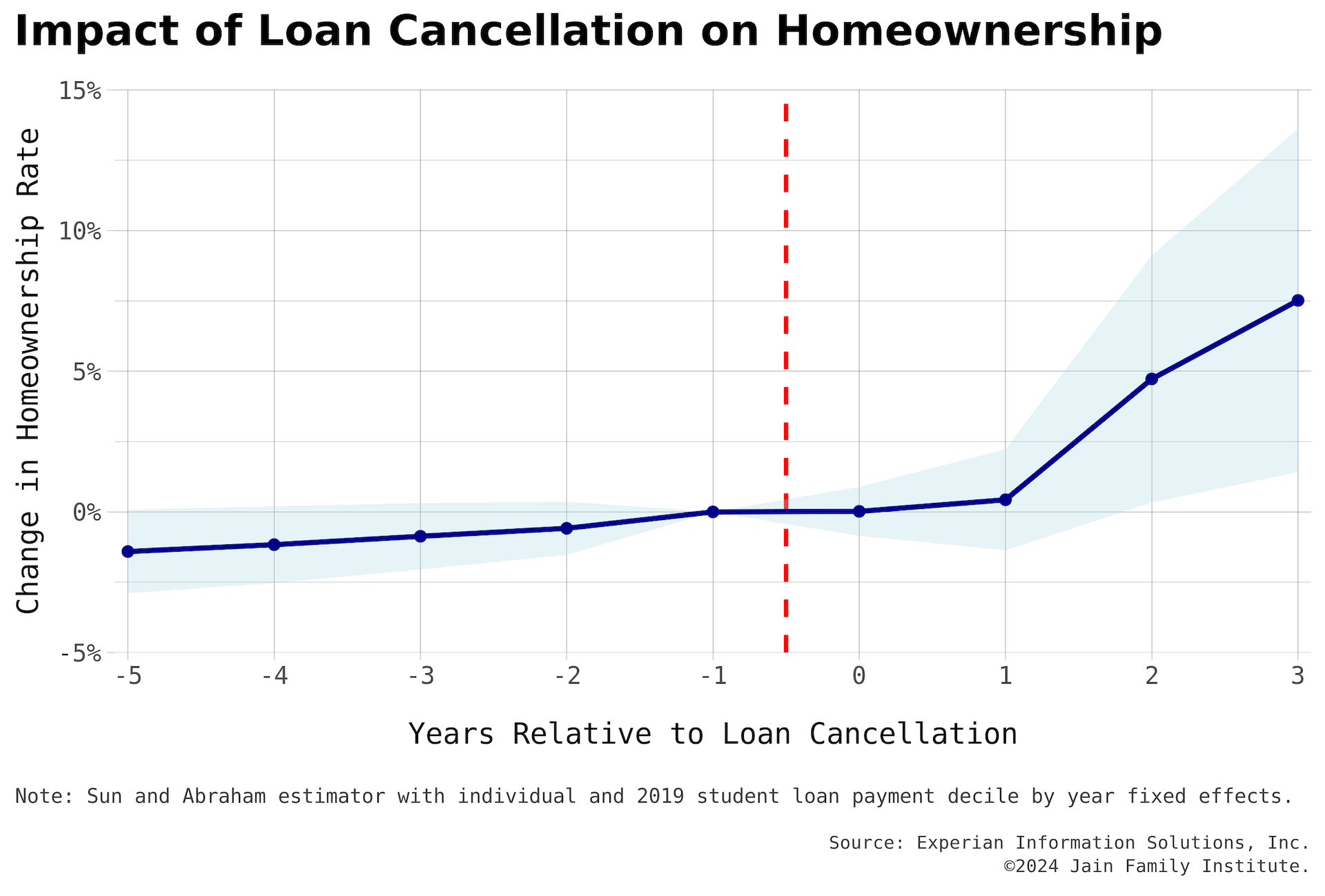Yahoo! Finance features latest Millennial Student Debt report

As the Biden administration prepares to take office, mass cancellation of student debt becomes a more tangible policy option, leading to conflicting views from economists and experts. Marshall Steinbaum’s latest entry in the Millennial Student Debt project makes the case that student debt is a growing problem that even measures like income-driven repayment cannot fully address.
From the piece by Aarthi Swaminathan:
[Larry] Summers is correct in that relatively higher income Americans hold more student debt: The highest-income 40% of households (i.e., those with incomes above $74,000) owe about 60% of all outstanding debt. At the same time, however, lower-income borrowers bear bigger repayment burdens so any debt relief would directly benefit these borrowers.
Using demographic and economic data from the American Community Survey, Steinbaum found that over half the people who had taken out student loans in 2009 have yet to pay it all off. Looking deeper into zip codes, he found a major disparity between races: While more majority-minority neighborhoods had access to higher education because of student loans, their share of student debt has been steadily rising.
“We already have a great deal of student debt outstanding that isn’t being repaid and isn’t going to be repaid,” Steinbaum wrote in the recent Jain Institute report. And while this debt pile-up isn’t going to cause a macroeconomic crisis, he added, “that just means that you’re stuck in a debt overhang forever.”
View the article on Yahoo! Finance here.
View Marshall Steinbaum’s report here, and the full project here.
Related
New Report on Student Debt Cancellation; Coverage in Marketwatch
Marketwatch: "The analysis is the first to provide a sense of who has benefited from the $153 billion in debt cancellation...
ISA research cited by White House and others
This research formed part of a White House issue brief, "The Economics of Administration Action on Student Debt."
Working Paper — Navigating Higher Education Insurance: An Experimental Study on Demand and Adverse Selection
A survey-based experiment in collaboration with the Philadelphia Federal Reserve.


